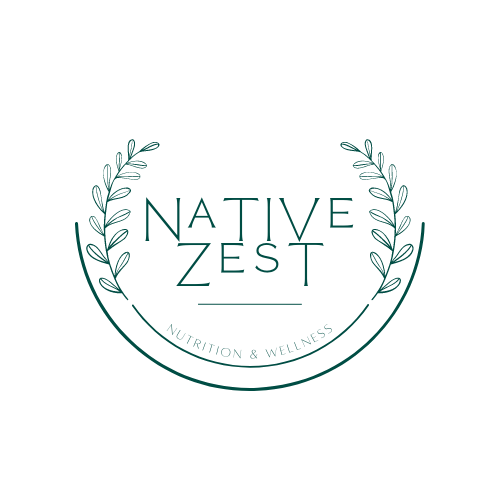
Counting calories; the good, the bad
There are benefits to counting those pesky little calories, for instance, it’s good to be considerate of your daily intake. Or, on the other end, you also want to make sure you are consuming enough!
However, there are many limitations to counting. Metabolically, calories are not created equal. As is mentioned in the article I’ve listed below, one calorie of broccoli is not equivalent to one calorie of cheese Danish. Just counting calories doesn’t take into consideration other important components of a healthy diet; fiber, micro nutrients, macronutrients, omega-6:omega-3 ratio, etc.
It’s also important to consider the phycological aspect as well, tracking calories to lose weight may lead to negative body image perception, obsession and/or eating disorders.
We also need to consider caloric density of foods. Low-calorie-dense foods; i.e. fruits and vegetables, are nutrient dense, more complex and therefore offer satiety for longer periods as they allow for a slow release of energy to the body. High-calorie-dense food are lacking in nutrients, generally highly processed and composed of simple carbohydrates (quick energy).
The article discusses multiple studies done that show that people ate the same weight of food, regardless of what the food was. Therefore, if you eat a high-calorie-dense diet, you will likely consume more calories each day. If you were to cut your calories to match equivalent weight of a low-calorie-dense diet, you would have to cut your portions back so much that you would be hungry all the time.
Food for thought.
Article can be found at – http://www.cdc.gov/nccdphp/dnpa/nutrition/pdf/r2p_energy_density.pdf
Protein, it’s crucial role in the body and unexpected foods it’s found in





